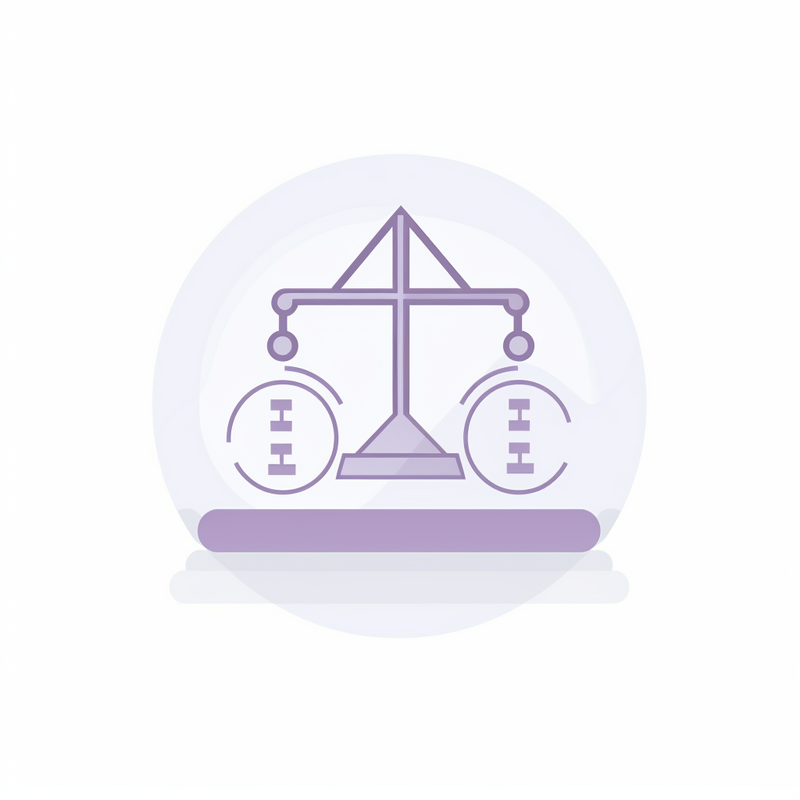
Information on governance models in DeFi projects, including decentralized autonomous organizations (DAOs) and their role in project decision-making.
A () is an that runs on a blockchain protocol fully and autonomously in accordance with rules encoded via smart contracts. By circumventing the need for human intervention or centralized coordination, are often referred to as "trustless" systems.
A , or , is a community-driven protocol based on the principles of equality and full decentralization. The main idea of any is distributed ...
7. Decision-making. Decentralization is a core principle in , extending beyond token-based . Many aim to decentralize various aspects, development teams, marketing efforts, and decision-making structures. development teams can enhance innovation and prevent single points of failure.
are blockchain-based communities that are designed to bring a new, more open and democratic management structure to businesses and other collaborative web3. So far, have formed to run several different types of , businesses, nonprofits, investment schemes, and ...
5. The Future of : Embracing . As continue to evolve and mature, their impact on , decision-making, and collective coordination will only grow. The ...
2. Contribution-led : , members' titles, qualifications, and past experience take a back seat. They capture value in the for their contributions and participation which form an -chain reputation. 3. Reputation economics: rewards contributors and participants with incentives voting rights.
A () is a blockchain-based that operates without a centralized management structure. are designed to enable decision-making ...
Behind this effort is the Meta-, the latest " " to use blockchains as an experimental platform for creating novel mechanisms. are usually ...
The rapid rise in blockchain-based offers policy-makers and decision-makers new opportunities to automatically execute decisions and proc-esses that help enhance transparency, accountability, participation and trust. Yet, many have a limited lifespan. There is little empirical evidence of the ...
1 shape the decision-making processes within .; 2 Different include consensus-based, delegated voting, liquid democracy, and futarchy.; 3 Each offers unique advantages and disadvantages for ; stand as a groundbreaking innovation, reshaping with , ...
Decentralised Organisations are "non-hierarchical that perform and record routine tasks on a peer-to-peer, cryptographically secure, public network, and rely on the voluntary contributions of their internal stakeholders to operate, manage, and evolve the through a democratic consultation process ...
challenge governments by proposing a truly democratic mechanism to improve decision-making. We're far from experiencing at the government level ...
The , or the way decisions are made in (), plays a crucial functionality. This blog post will explore various ...
A recent trend, (), stands to fundamentally transform organizing and . are blockchain-native, that are collectively owned and managed by their members via smart contracts. In this note, we assess the promises and challenges of , with a focus on ...
Abstract. This paper focuses on the centralized mechanisms of finance () managed by Distributed discusses regulatory ...
This paper draws parallels between the OECD principle on disclosure and transparency and the () a blockchain. It provides an overview of the ...
have found use in the of open source software (OSS) . ... An OSS producing governs the development of the , the onboarding and participation of all the stakeholders. ... Off-chain decision making. Any decisions that are made through channels other ...
are using blockchain to store and execute decision-making rules. can democratically manage an asset (e.g., money spending by , stocks, shared treasuries for subsidies, management of commons) without the need for a central authority.
Note that many of the investors were , investment syndicates. Examples included BadgerDAO, MakerDAO Foundation, and MetaPurse. According to John Paller, Executive Steward of Opolis: "We set out to demonstrate that 'communities funding communities' is the new norm for early-stage funding of key infrastructural Web3.
, unlike conditional transactional programs, are not built and maintained by firms with profit motives because they are "owned" by the users. There are various ...
Now that we've explored Web3 use cases, finance (), non-fungible tokens (NFTs), and (), let's shift emphasis to thinking ...
refers to the decision-making process within a . , are entities that operate on blockchain technology and are governed by smart contracts and community voting mechanisms. Through , participants in a can collectively influence the direction, propose changes or upgrades to ...
like community voting are transforming decision-making in the space. From token-based voting to quadratic or delegated voting, these offer transparency and inclusiveness. Founders must understand and adapt to these structures to foster trust and growth. Platforms like Unvest support this transition by providing tailored solutions that align ...
Abstract. This paper focuses on the centralized mechanisms of finance () managed by Distributed discusses regulatory considerations. Unlike highly ecosystems such as Bitcoin, the degree of decentralization varies among .